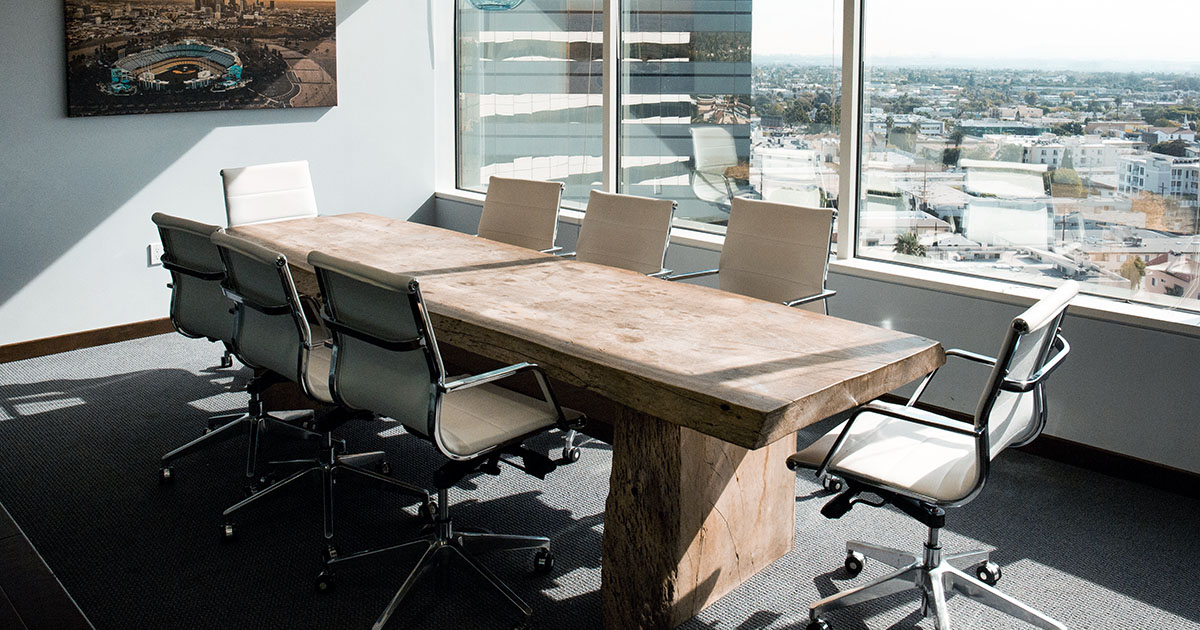
When should I NOT call a meeting?
When do you know that the meeting you wanted to call is probably unnecessary?
When do you know that the meeting you wanted to call is probably unnecessary?
When you see glossy eyes, people looking out the window, checking their phones, or absently typing on their laptops. No brainstorming, no interested faces, no comprehensive answers to the questions you have just asked.
Recently, we have posted a short guide on when to set up a meeting. There, we talked about the situations that benefit from having a meeting.
But the meetings guide is not complete without pointing out when NOT to meet.
So here it is - a set of tips to help you avoid situations when you are the only person excited about that meeting in your whole company.
Yay, we did it!
People like to hear that they are doing a good job. They like to hear that something they were working on brought good results for the company.
But really - five minutes tops is the most they can stand of you bragging about the terrific results in the last month and how the company reached another target. There are possibly a few folks at the company that like looking at all the nice graphs you want to show everyone. But you know who those guys are? They are the ones who made the graphs for you. AKA - the marketing guys or your analysts. Except them, nobody wants to see even a half an hour presentation on something that could be said in one e-mail.
Of course, you should properly celebrate your team’s achievements. But that works out way better over a beer or a pizza, and not a formal meeting.
Do y’all love long talks?
No, we don’t. If you do, though, record them for yourself on your phone or go talk to a mirror.
If you are planning to have a meeting that may take hours - you are definitely doing it wrong. If this is your plan, it means that you have a few different things to talk about. If that’s really the case, check again, if all of what you had prepared really needs to be discussed in a single meeting. Ask some of your colleagues about it, if you are having doubts.
In most of the cases, you probably have something that can be said better in an e-mail or on Slack. Most of the strictly informative parts of your agenda can be simply send out in this way. Consider meetings as moments for discussion, not monologuing.
And even if you are still left with lots of topics that could make the meeting last hours - split them. People can’t maintain true focus for longer than 10-18 minutes anyway.
The lunch time
Timing of the meeting is also an incredibly important thing.
Depending on your agenda, mornings may be the best time to have a meeting, , because people are still mostly focused on boosting their brains with coffee. However, mornings are some of the most productive times of the day for many people, so before calling that meeting, as yourself if it’s more valuable for people to attend it, or to do their actual work.
Lunches are probably the worst. If you are not planning to order a few boxes of pizza for your folks, don’t even think about setting up a meeting around noon. People will be hungry - which means they will be pissed off and distracted.
The time after lunch may be good, on the other hand. Everyone just ate, so they should be in good moods. Keep in mind that they won’t be very energetic, so depending on your agenda, it may not work out too well.
And how about the late hours? These are fine if you are really sure that you won’t make people stay at work after hours. Having to stay late just to attend a meeting is even worse than taking people’s lunch time away.